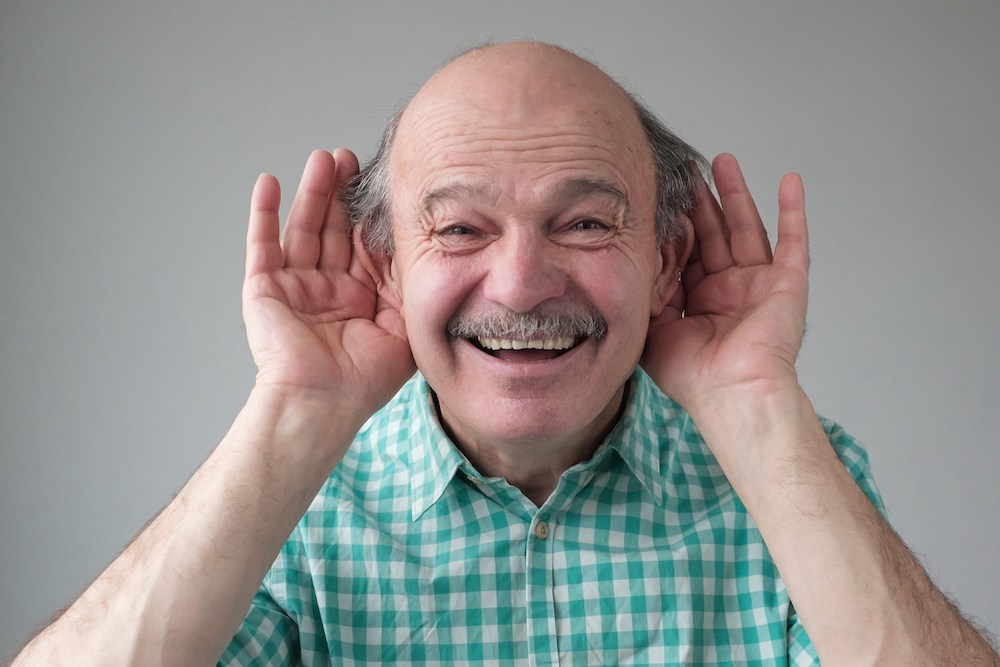Understanding Hyperacusis and Sound Sensitivity
If every day sounds like dishes clanging, traffic or normal conversation


If every day sounds like dishes clanging, traffic or normal conversation

Many modern hearing aids offer Bluetooth connectivity, allowing them to

When you notice changes in your hearing, one of the first steps is often a